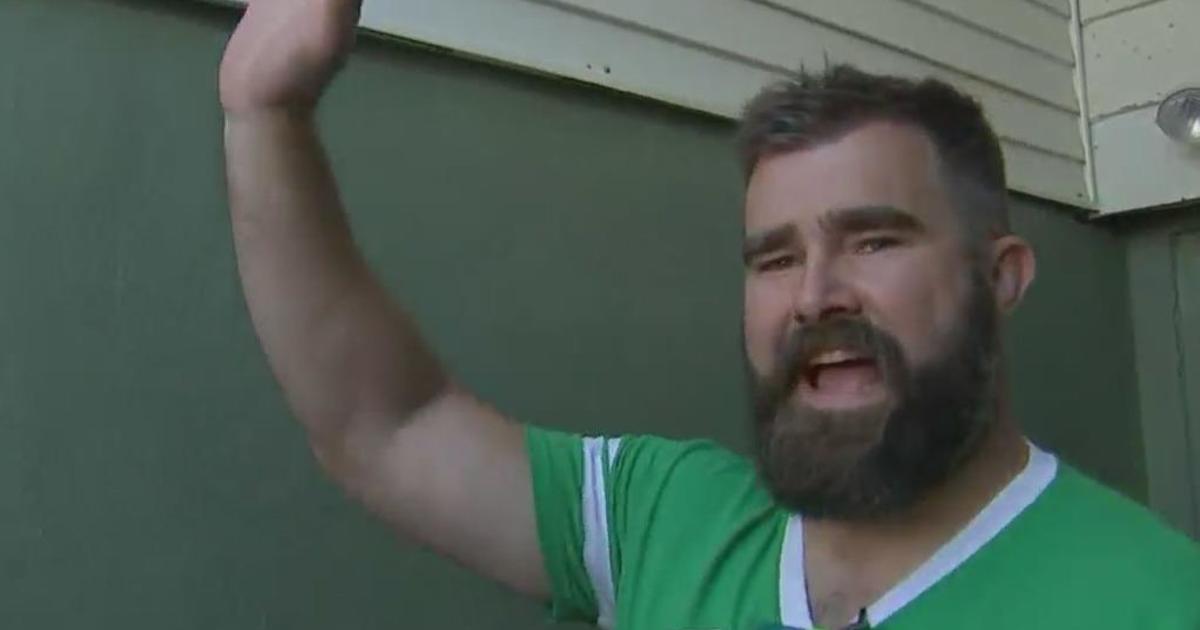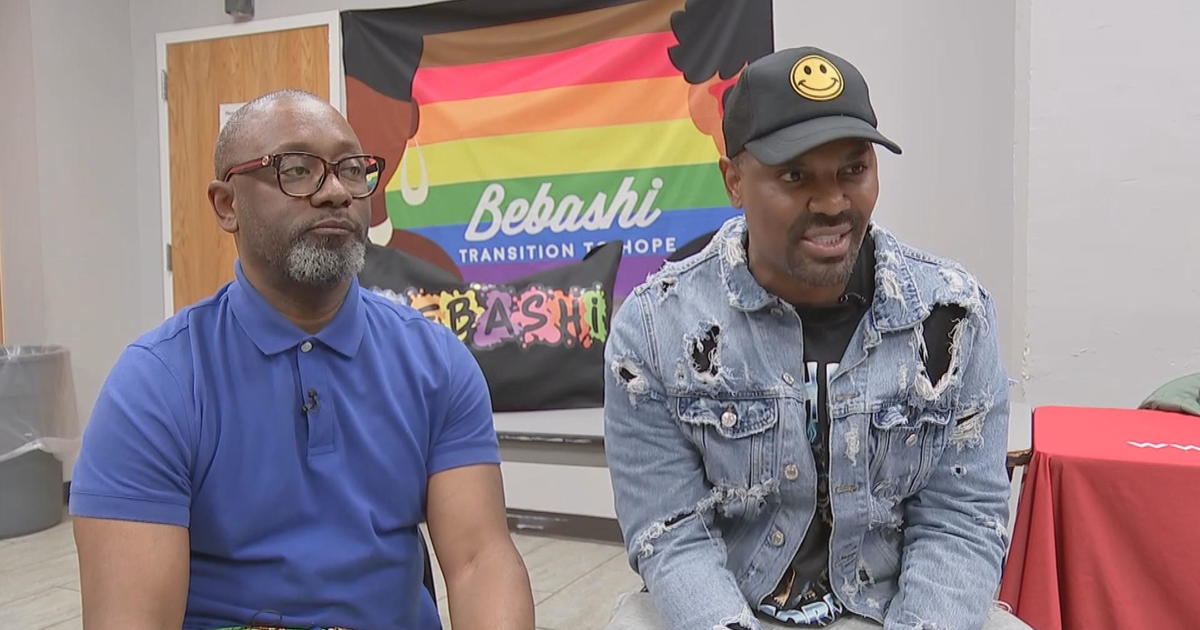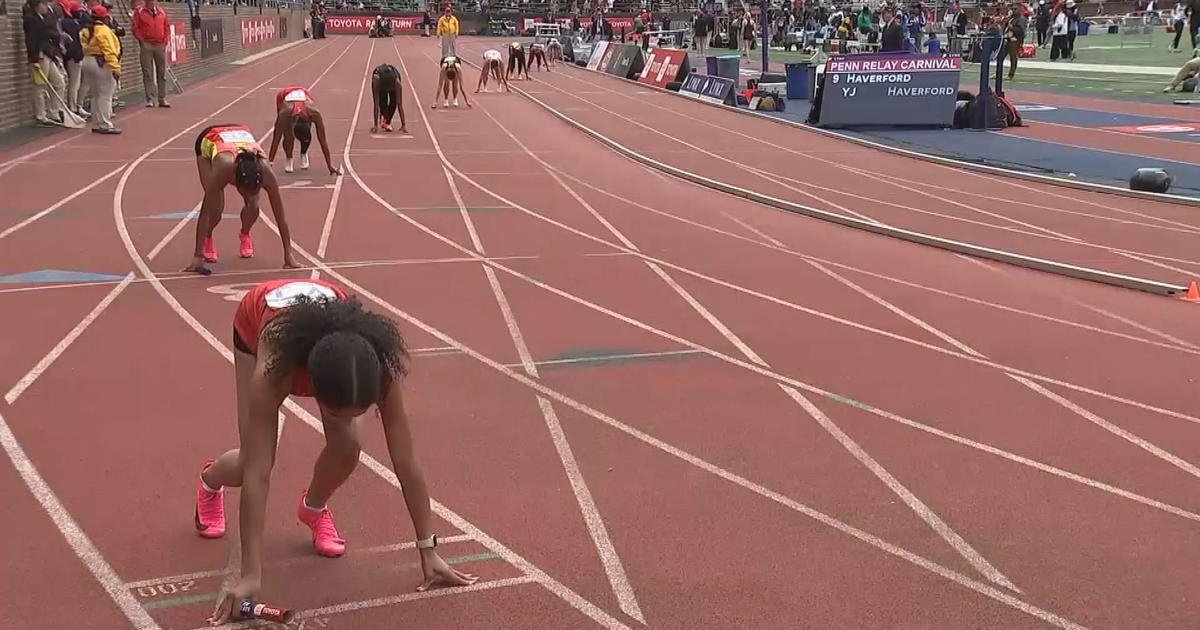Organs Once Believed Unusable, Provide New Hope For Those Awaiting Transplant
PHILADELPHIA (CBS) -- There is new hope for people needing organ transplants. Breakthrough new research, happening right here in Philadelphia, has found a way to use organs that are typically considered not suitable for transplant.
Researchers at Penn have found a way around that, and they are introducing their first success story.
"It's wonderful, I change them every day now," Irma Hendricks gushed as she looked at the rings on her fingers. Up until recently, Hendricks has not been able to wear any jewelry on her fingers due to swelling from chronic kidney disease. The swelling has since gone down since she underwent a transplant in June. "It just gave me a piece of my life back," she explained.
Study: C-Section Babies More Likely To Become Obese
The 65-year-old's life had been stolen by Dialysis. Endless hours are spent hooked up to machines and always feeling sick. The odds of getting a transplant were low because there aren't enough organs.
Then, came the phone call.
"At first I thought it was a prank call," Irma revealed. Dr. David Goldberg at Penn Medicine was offering to give her a donated kidney infected with Hepatitis C, and then take a chance to see if after transplant, if the drug Zepatier could control the virus. "So, if I can get a perfectly good kidney, get treated for it, I mean why not," she explained. "It's great and it's the best decision I have made so far."
So far it's worked, Irma doesn't have the virus. "We don't know what the cure rates will be," said Dr. Peter Reese who is an Assistant Professor of Medicine at the University of Pennsylvania. Dr. Reese says more kidney transplant patients are being transplanted with infected organs. "They are willing to accept the risk of a lifelong infection in order to be relieved of the burdens of lifelong dialysis." Dr. Goldberg added, "the early results are really promising."
Now, that kidneys, once considered unusable are being successfully transplanted, it is easing a critical organ shortage. "When you can increase the number of transplants by 5% or 10% that is a huge dent," Dr. Goldberg explained.
With Hepatitis C no longer being roadblock for transplants, the Penn doctors think this could be expanded to other organs with the possibility of saving even more lives.



